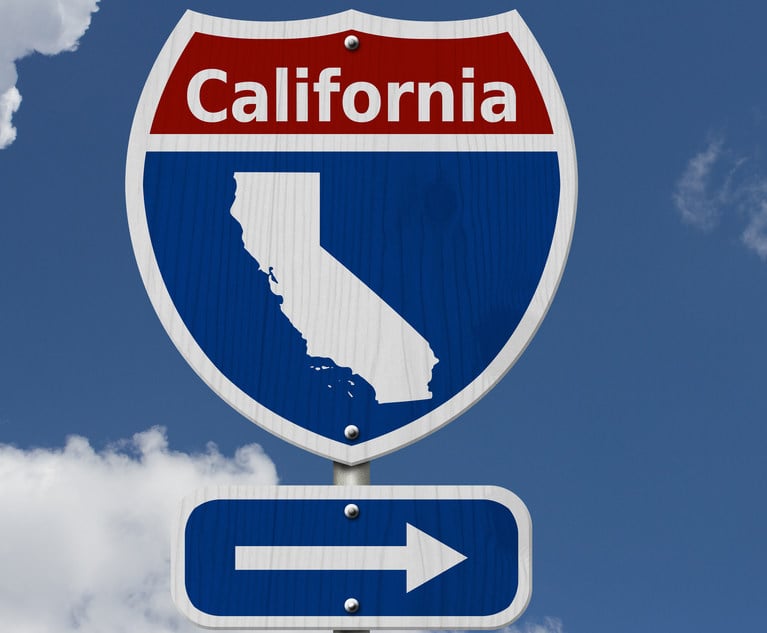The insurance business absolutely needs federal support forterrorism insurance, but it does not need a national catastrophefund, three insurance executives advised an industryconference.
|Instead of a CAT fund, they said the solution to potentialinsurance availability problems for buyers increasingly populatingstorm-exposed coastal areas is state regulators' approval of higherrate levels.
|That counsel came from Edmund Kelly, chief executive officer ofBoston-based Liberty Mutual; Stephen Lilienthal, CEO of CNA; andMike McGavick, the former CEO of Seattle-based Safeco, speakingThursday at the 17th Annual Property-Casualty Industry Conferencein New York.
|"There is plenty of capital for catastrophes. The issue issuppressed pricing," Mr. Kelly said. "If we could double the priceof homeowners [insurance] in Florida, we could have anindustry."
|Regulators in Florida "are going to have to think long and hardabout the market they've created," Mr. McGavick said. "Airconditioning made Florida possible. The lack of insurance couldbring it to a grinding halt," he said, repeating a warning he saidhe had once given to Gov. Jeb Bush.
|"We had a rate [level] that we thought we couldcharge–reasonable, not crazy. There was a discomfort with thatrate…And we have chosen to exit the state," he said.
|Mr. Lilienthal, who attended a catastrophe insurance summitWednesday in Burlingame, Calif., organized by California InsuranceCommissioner John Garamendi, said that he had made the same pointthere.
|He said his personal position, and that of CNA, is for strongsupport for quick renewal of the federal Terrorism Risk InsuranceAct (TRIA) that supports terrorism insurance. But, he added, "We donot feel there is a need to put up a national disaster fund."
|There's no ability to model terrorism, or to assess the averageannual return periods of a terror event, he said, contrastingnatural catastrophes. "There's a certain degree of predictabilityto that," he said.
|"The biggest catastrophe would be to have the federal governmentinvolved," Mr. Kelly stated, drawing an analogy to the federalflood program. "It was originally set up to help poorer people,"but within a few years, "it's become a way for the middle class andaffluent to build homes on the outer banks."
|Mr. McGavick said the private insurance mechanism has worked asexpected in areas hard hit by storms. "Our people were on the frontlines, ready to go in and help people, like they're supposed to.But the federal program…is a disaster," he said.
|Mr. Kelly added: "Katrina was not a natural disaster. Katrinawas a disaster of federal management of the levee system…It was afederal disaster caused by federal mismanagement."
|Mr. McGavick said legal action brought by Mississippi AttorneyGeneral Jim Hood to force insurers to pay for storm surge hurricanedamage, which carriers view as excluded flood coverage, created anobstacle to finding solutions.
|"Unhelpful participants in the political process make it anunsafe environment for civil conversation about how to solve theseproblems," he said.
|Because of that, according to Mr. McGavick, "the rest of us areconstrained from having honest conversations that can help peopleand provide a private market as we would wish to do."
|On TRIA, Mr. McGavick recounted the "strange conversations" thathave taken place with senators who insist the free market can coverterror risk. "We are the free market," he said. "We'd love to makemoney at this. It is not insurable. We can't. Read our lips."
|He added, "The idea that the federal government has no role inmaking up for the failure of its defenses makes no sense."
|Mr. Lilienthal said there is not sufficient data to model terrorrisks. "If it comes out in color and its in Powerpoint and spreadover a couple of pages," that doesn't mean you have good numbersfor the amount of damage, lives lost and business interruptionlosses caused by a 10-pound bomb dropped on downtown Chicago.
|The modelers can be wrong, and they've got more data. If herelies on such results and they prove to be wrong, "I've got avaporized balance sheet. I'm done," he said.
Want to continue reading?
Become a Free PropertyCasualty360 Digital Reader
Your access to unlimited PropertyCasualty360 content isn’t changing.
Once you are an ALM digital member, you’ll receive:
- All PropertyCasualty360.com news coverage, best practices, and in-depth analysis.
- Educational webcasts, resources from industry leaders, and informative newsletters.
- Other award-winning websites including BenefitsPRO.com and ThinkAdvisor.com.
Already have an account? Sign In
© 2024 ALM Global, LLC, All Rights Reserved. Request academic re-use from www.copyright.com. All other uses, submit a request to [email protected]. For more information visit Asset & Logo Licensing.








